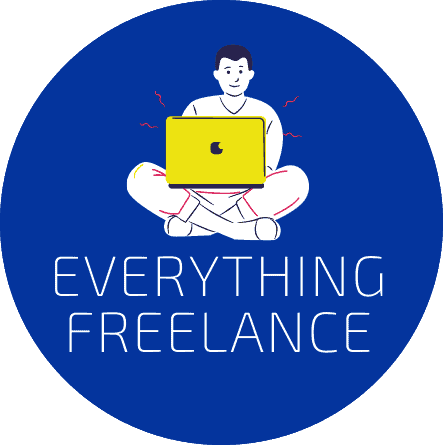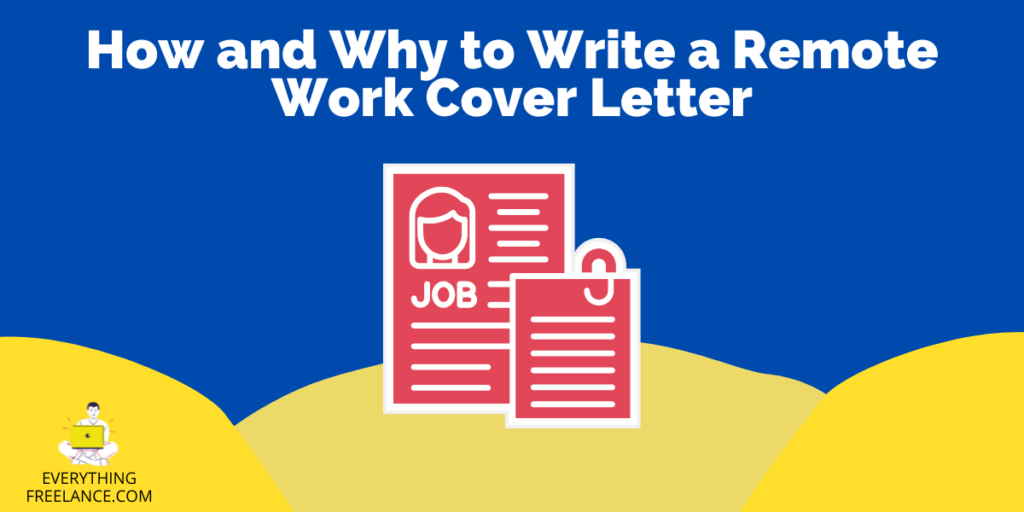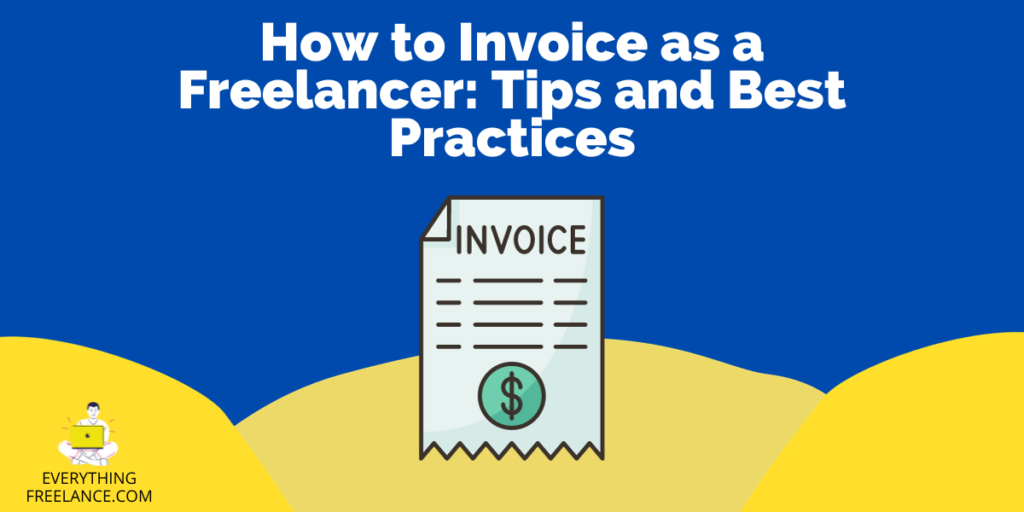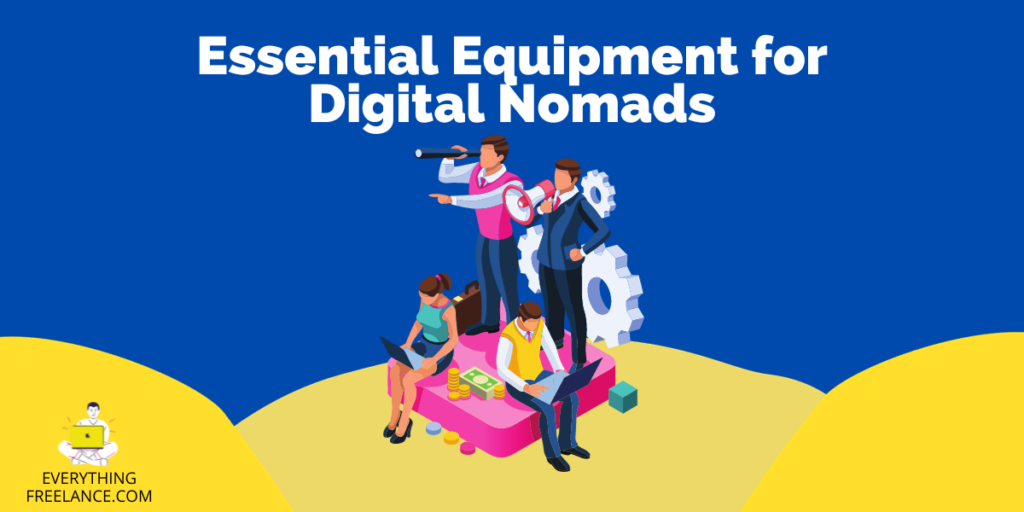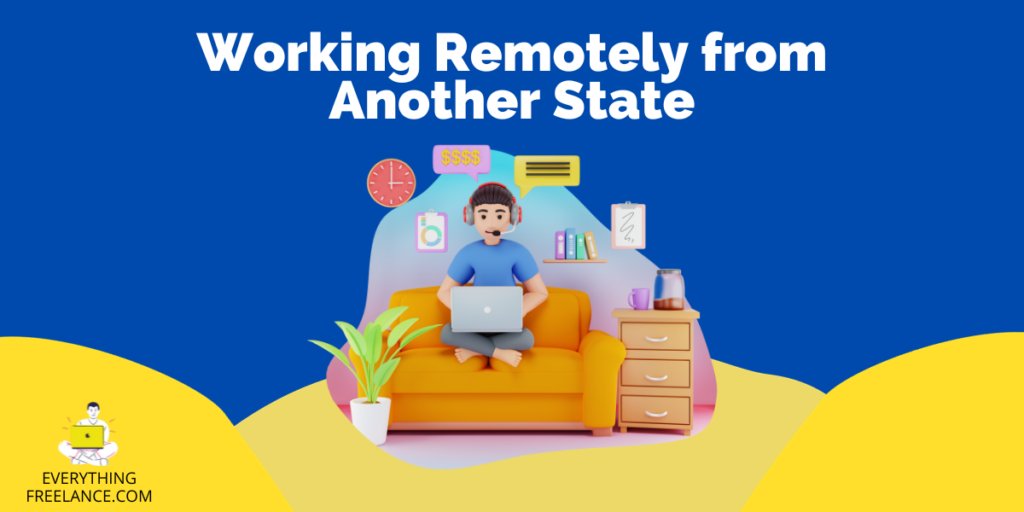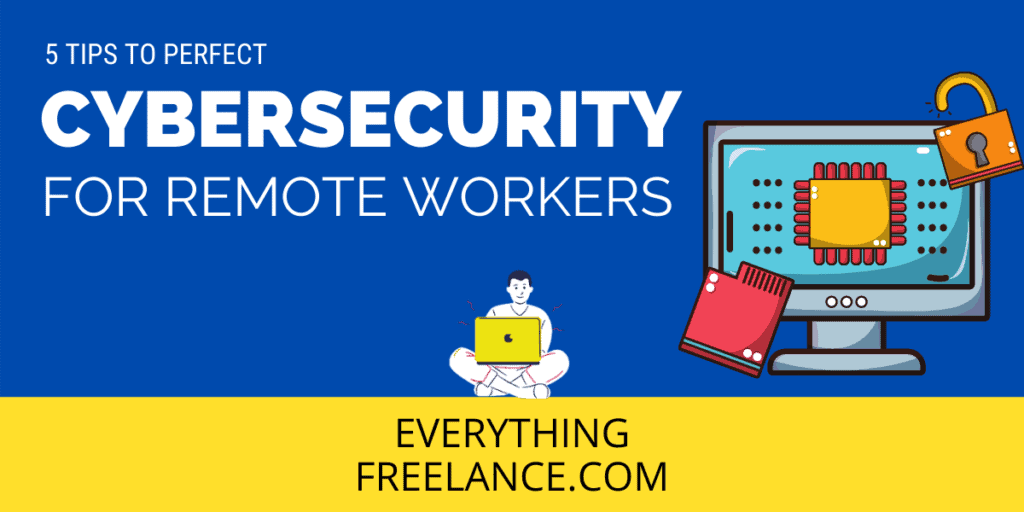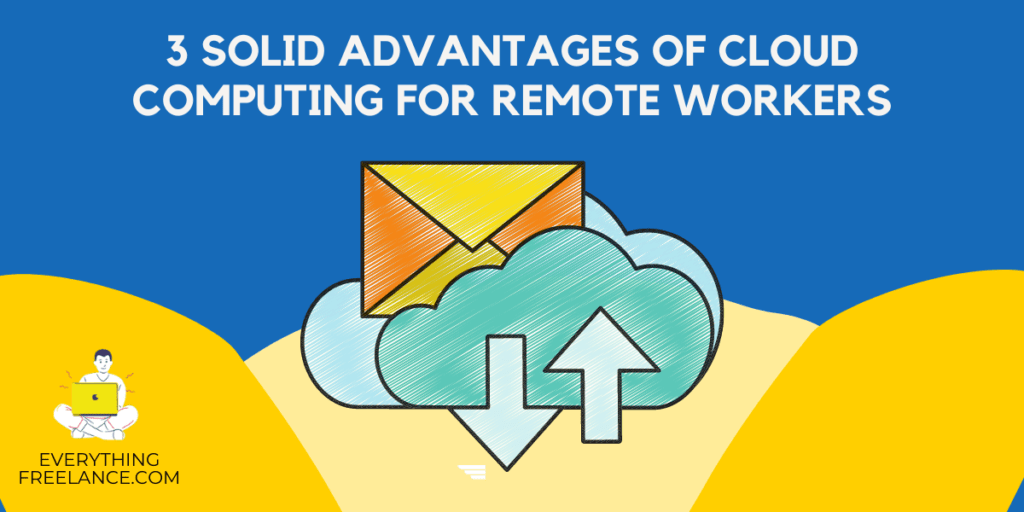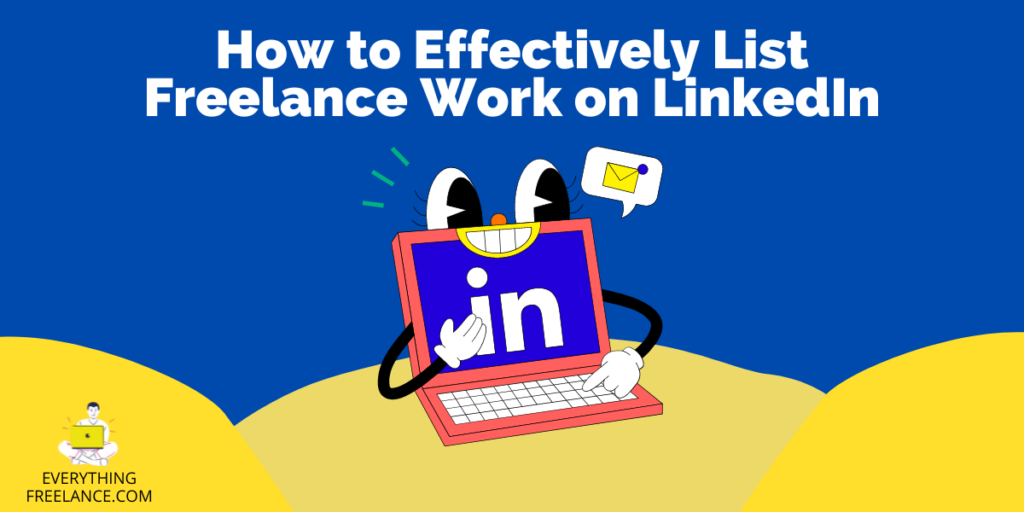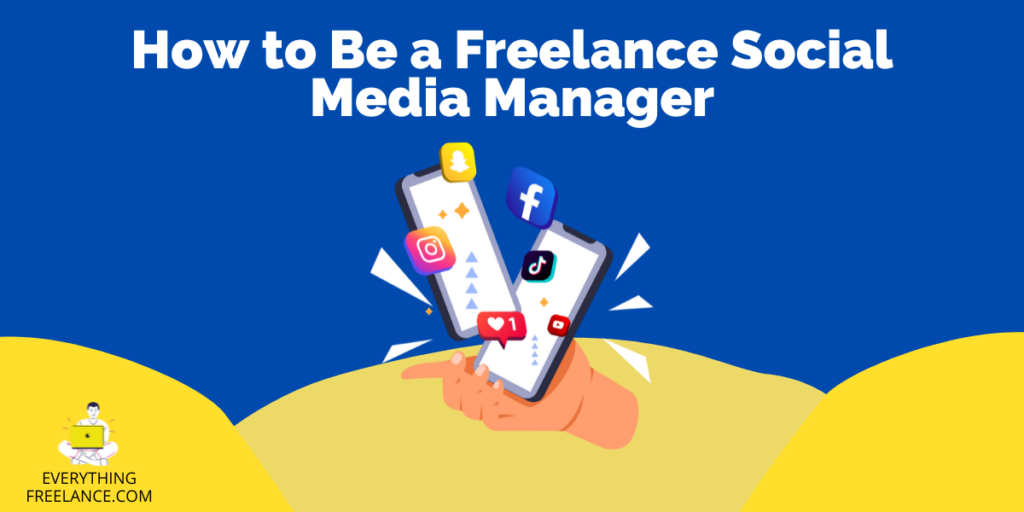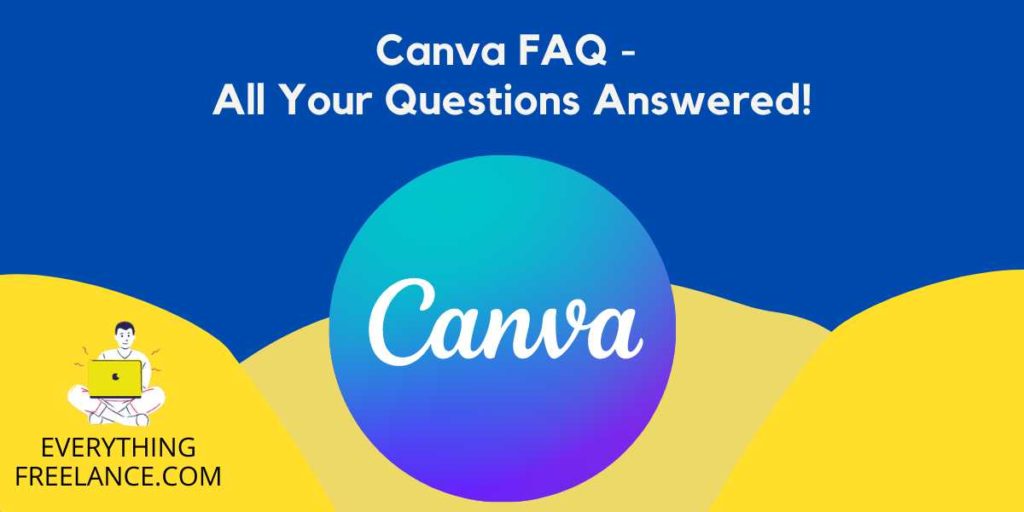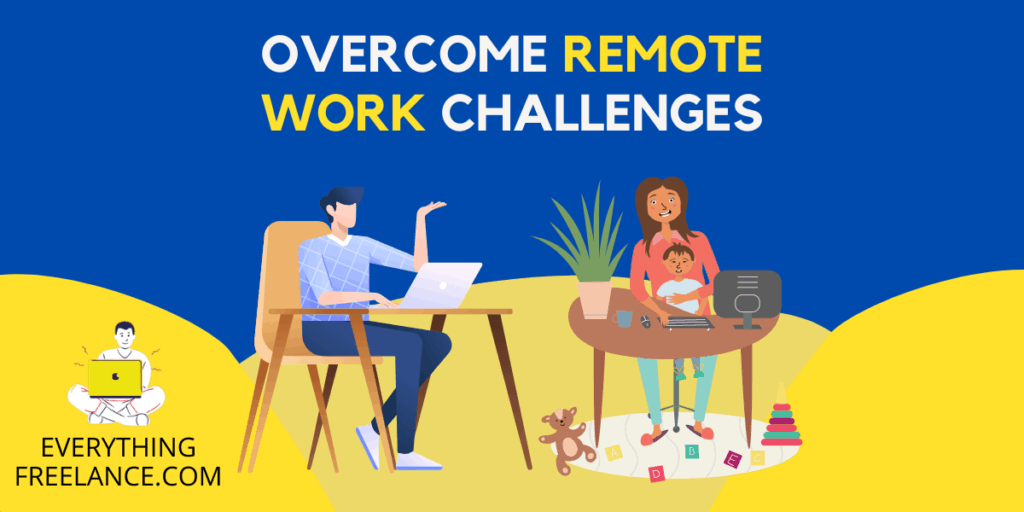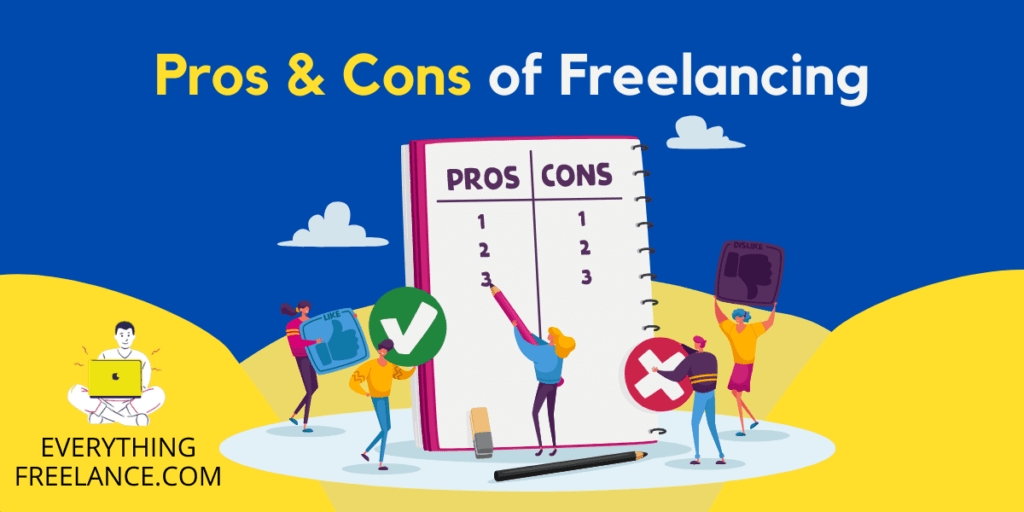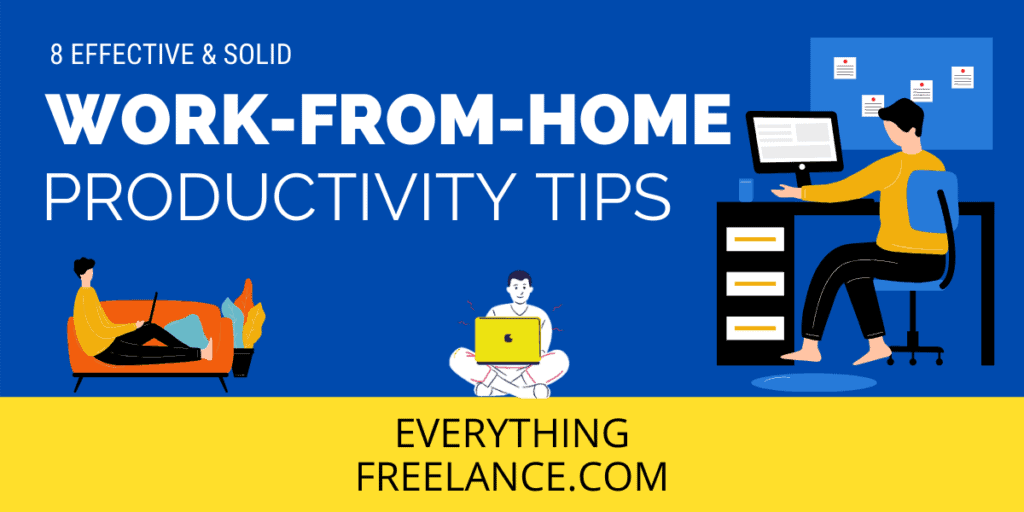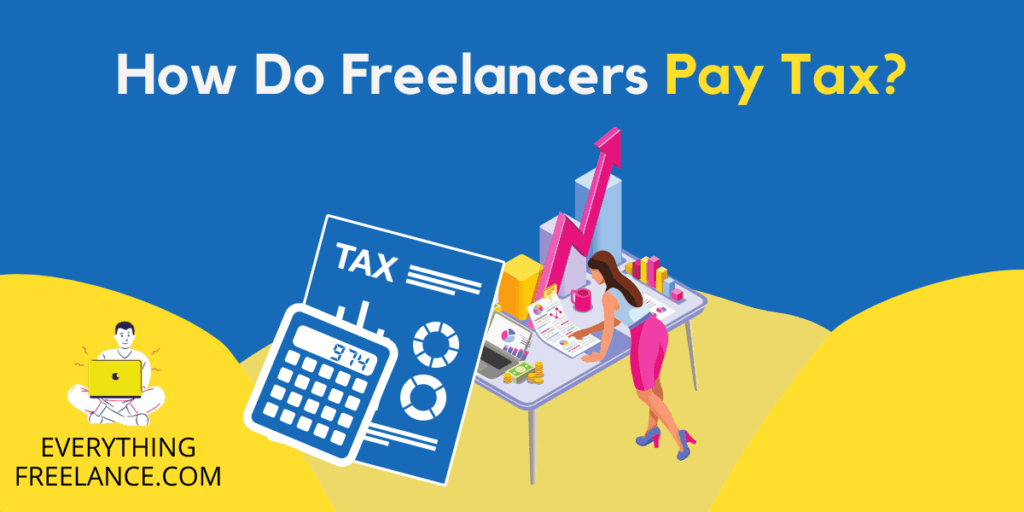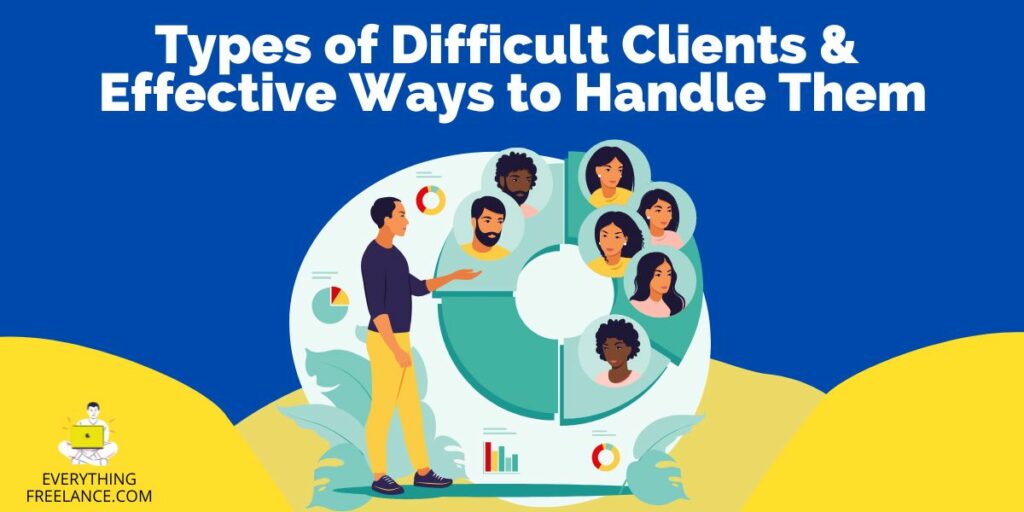The trend of working from home continues to grow, and a large proportion of the workforce is now searching for remote job openings. Employers are using this to recruit workers worldwide, which creates fierce competition for every position. In such circumstances, a strong cover letter for remote position can be the decisive factor between getting your dream job or never hearing back from an employer.
Writing a good cover letter for remote position is all about conveying enthusiasm and showing off your skills and qualifications. When crafting it, you’ll need to carefully research the company and adjust your tone and message to their needs. Use powerful language that grabs the employer’s attention and highlights how you can add value to the team. And express your ability to work independently, as well as any relevant experience you have with remote work.
Writing a great remote work cover letter is essential to applying for any job and can help set you up for success. Keep reading to learn everything about remote work cover letters.
What Are Remote Work Cover Letters?
A remote work cover letter is a document that accompanies your job application for a remote position, highlighting why you are the ideal candidate and how the role can benefit from having you on board. A well-crafted cover letter for remote position should be tailored to the specific job description and make an argument for why you would excel in this particular role.
It also provides a valuable opportunity to showcase your capabilities, demonstrating how hiring you could be beneficial to both the company and yourself. By clearly articulating your skills, experience, and unique qualities through a compelling cover letter, you can increase your chances of getting hired for remote positions.
Additionally, you can use this chance to explain any gaps in employment or why you are seeking a remote job – particularly if it’s because of personal circumstances such as health issues or family commitments. Crafting an effective cover letter takes time and careful consideration, but putting in the effort can help increase your chances of getting hired for a remote work role.
How Are They Different From Traditional Cover Letters?
Remote cover letters are different from traditional cover letters in that they’re specifically adapted to the remote work setup. They emphasize how well you can work independently and collaborate with a team remotely rather than highlighting your skills that would be utilized in an office setting. Additionally, these types of letters show that you understand and can adapt to the unique needs of a remote job—including those related to communication and technology.
A good remote cover letter should also reflect your enthusiasm for working remotely, as this shows potential employers that you’re motivated and driven to succeed even when you’re not physically present. All in all, crafting a successful remote cover letter requires thoughtfulness and specificity—it’s far more than copying and pasting one written for a traditional job.
The Purpose of Remote Work Cover Letters
A remote work cover letter is a valuable tool for both employers and candidates. It gives applicants a chance to showcase their skills, qualifications, and experiences concisely and provides an employer with an insight into what kind of candidate they are looking for.
For employers, a remote work cover letter allows them to get a better understanding of the applicant’s personality and if they would be a good fit for the company while also providing additional background on their experience and accomplishments. By including a remote work cover letter alongside your resume and other application documents, you are putting yourself in the best position possible to land the job.
Ultimately, it should demonstrate why you would be an asset to the organization by highlighting not only your relevant qualifications but also your personal qualities that make you stand out from other candidates.
When writing this type of cover letter, it is important to use compelling language that emphasizes your strengths and presents your qualifications in a positive light. By doing so, you can help ensure that you make the best impression possible to potential employers.
Researching the Company and Job Requirements
Researching a company and job requirements for a remote job position is essential when crafting the perfect cover letter. Even though you may not be meeting with potential employers in person, it’s important to do your due diligence and highlight why you would be an asset to the team.
Doing research on the hiring managers, the company’s mission or values, their products or services, etc., can help you personalize your cover letter and make it stand out from other applicants. Additionally, researching the specific role will allow you to show off your knowledge of industry terms and best practices that could be beneficial to the employer. When writing a cover letter for a remote position, be sure to include these details to make the strongest impression possible!
Writing a Remote Work Cover Letter: Step-by-Step Guide
As the world of work transitions to remote and many employers are hiring remotely, it is becoming increasingly important to learn how to write an effective cover letter for remote positions. A well-crafted cover letter can make a significant impression on the employer and could even be the difference between getting the job or not. To help you succeed in your job search, here’s our step-by-step guide for writing a cover letter for remote work positions.
Step 1: Introduction
Start your cover letter with an introduction that draws in the reader and expresses why they should keep reading. Include information about yourself that makes you stand out, such as your education, related work experience, and the value you can bring to the company.
Step 2: The Body of the Cover Letter
In this section, you should explain why you’re interested in the position and qualified to fill it. Share what makes you a great fit for this job and emphasize how your skills and expertise could benefit the company. Describe why remote work is something that appeals to you and how your current circumstances make it possible for you to do this type of job.
Step 3: Conclusion – Why a strong conclusion is crucial in a remote work cover letter
Your closing paragraph should provide an overview of why hiring you would benefit the employer. Make sure to thank them for their time and reiterate any key skills or experiences which may set you apart from other applicants. Finally, provide contact information and invite them to reach out with any further questions they may have.
Writing a convincing cover letter is a skill you need to learn as it’s especially important when applying for remote positions. Following these steps can help you create a compelling cover letter that will increase your chances of getting the job.
Best Practices for Writing a Remote Work Cover Letter
We all know how difficult it can be to write a cover letter for any job, but writing one for a remote position can be even more challenging. With the world of work quickly shifting towards remote operations, having a powerful and engaging cover letter is essential to stand out in the job search process.
The key to success when crafting your remote work cover letter is making sure it conveys the right message and highlights your pertinent skills and experiences specific to the job you are applying for. Here are four gold standards that will help you nail your next remote work cover letter:
1. Personalize It: A generic form letter won’t do much good when competing against other candidates with personalized applications. An effective remote work cover letter must be customized to each different job position. Take some time researching the employer and the demands of the job, and include relevant information in your cover letter that demonstrates why you’d be a good fit. Use strong action verbs and keep it concise; avoid using overly complicated language or jargon that could be off-putting to potential employers.
2. Showcase Your Abilities: While it may be tempting to simply list off your qualifications, numbers don’t always tell the whole story. Use concrete examples of projects or goals you achieved that highlight how well you can do the job – and explain how those experiences will help you be successful in this role. Be sure to mention specific skills related to the job requirements. Remote work often requires strong communication skills and exceptional organizational abilities—so be sure to emphasize these abilities when writing your cover letter.
3. Highlight Your Remote Work Experience: If you have experience working remotely, even if it is not related to the current job opportunity, mention it! Explain how your prior experience makes you the ideal choice for the job, and provide examples of successful projects or initiatives you’ve worked on in the past. As usual, you’ll need to list all the certifications and achievements that show your qualifications for the role. This is your chance to show that despite any lack of direct experience with this specific role, you are still equipped to do the job and understand how to be successful in a remote setting.
4. Use Keywords: Chances are the person reading your cover letter may be using an automated system to quickly parse through applications. Employers look for specific keywords when reviewing applicants, so put an effort to include relevant words and phrases throughout your letter.
By keeping these best practices in mind, you can create an effective remote work cover letter that will help you stand out among other applicants and give you a better chance of getting hired.
How to Make Your Remote Work Cover Letter Stand Out
When you’re applying for a remote job, it’s essential to make your cover letter stand out from the rest. Here are some points that will make your remote work cover letter shine:
1. Do Your Research: Before you start writing your cover letter, do a thorough research of the company and the advertised job to see what skills and qualifications they’re looking for in an ideal candidate. This will help you tailor your letter and emphasize why you are the perfect person for the job.
2. Show Enthusiasm: When writing your cover letter, show enthusiasm about working remotely and how it fits into your lifestyle and goals. Explain why this position is appealing to you and demonstrate your motivation and desire to work in a flexible, modern work environment.
3. Emphasize Your Skills: Most employers want to know that you have the skills and qualifications necessary to succeed in a remote job. Since remote work relies heavily on communication tools, a remote work cover letter is an opportunity to demonstrate your communication skills. Also, make a list of all relevant certifications, awards, or accomplishments that demonstrate your expertise.
4. Showcase Your Professionalism: You should use professional language when writing a cover letter, but it’s especially important with remote work since communication is often done over email or video call. Make sure your letter is free of errors and reads clearly so that potential employers can get a good sense of who you are as a professional.
5. Make it Personalized: While it’s important to use professional language in your cover letter, don’t forget to add a personal touch. Include some details about yourself, such as hobbies, interests, and community involvement. This will help make your letter more memorable and give employers an idea of who you are as a person.
Following these tips will make your remote work cover letter distinct and more noticeable in the sea of cover letters and hopefully help you get the job.
Conclusion
It is important to remember that a cover letter for remote position should be just as focused, professional, and polished as one for an onsite job. Writing one can seem overwhelming, but following the tips outlined in this article guarantees that your remote work cover letter will stand out from the crowd and give you the best chance at success.
Be sure to emphasize your experience with technology, highlight skills relevant to your desired position, and showcase any other qualifications or experiences that may set you apart from other applicants. With these steps in mind, you’ll soon be writing remote work cover letters like a pro! Good luck!
